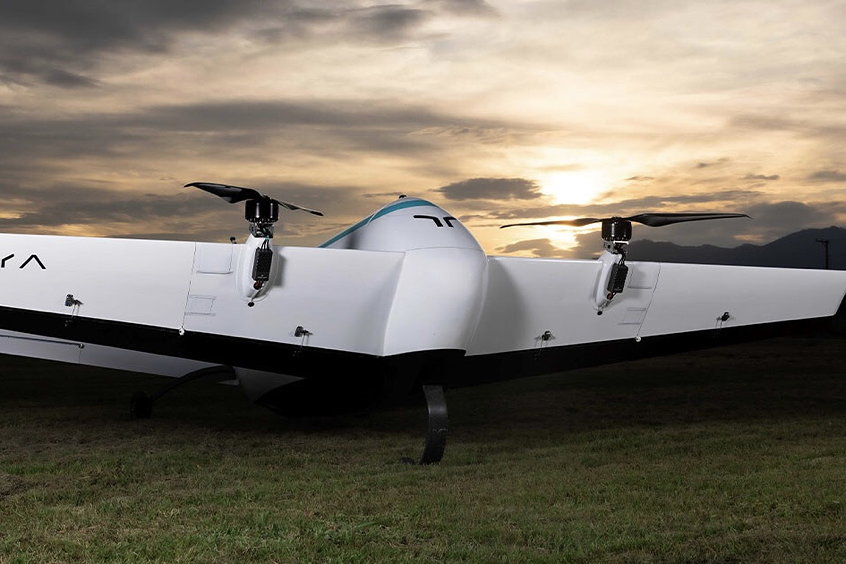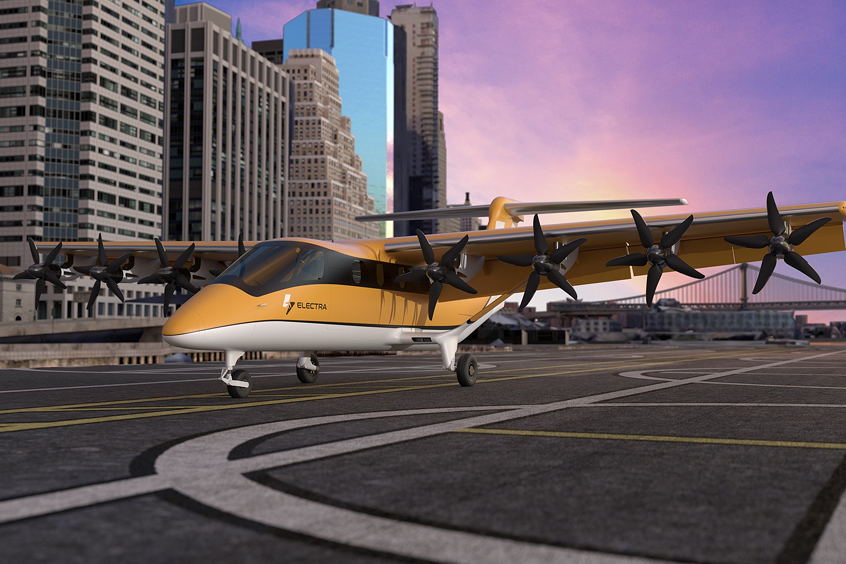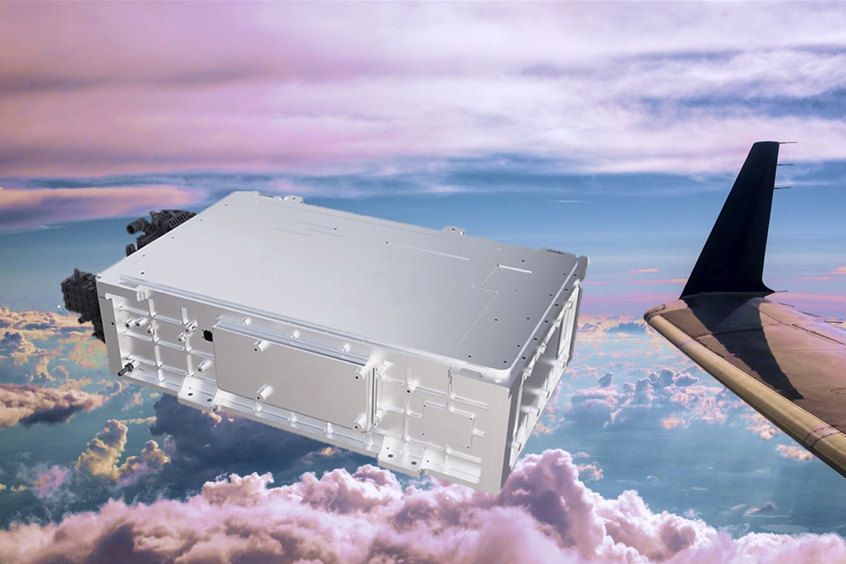Light and mighty, Hyzon Motors Inc. fuel cell stacks are being considered by zero-emissions aviation pioneer, ZeroAvia.
Hyzon, a leading global supplier of zero-emission hydrogen fuel cell-powered heavy vehicles, announced that ZeroAvia has placed an order for Hyzon's next generation, high-performance lightweight fuel cell. ZeroAvia will evaluate the game-changing fuel cell for use in its zero-emission aircraft development program, which focuses on hydrogen-electric solutions.
ZeroAvia selected Hyzon's fuel cell stack for this evaluation due to its industry-leading power density. As confirmed by leading technical certification provider TUV Rheinland, Hyzon's Gen3 fuel cell stack achieves a volumetric power density above 6.0 kW/liter and gravimetric power density more than 5.5 kW/kg, well above industry averages. These factors are critical in aviation to minimise weight while providing sufficient power for the desired performance.
"Hydrogen provides three times higher specific energy content compared to jet fuel, and is over 100 times higher than the best batteries today, making it the only viable option for large scale zero emission aircraft," says Val Miftakhov, founder and CEO of ZeroAvia. "We are always interested in exploring new technologies for our powertrains, and we look forward to seeing how Hyzon fuel cell stacks perform in the demanding aviation applications."
Hyzon achieves the high power density through a combination of proprietary technologies in the Bipolar Plate and Membrane Electrode Assembly (MEA), the heart of the fuel cell where electrochemical reactions take place to generate power. Hyzon's technology maximises the utilisation of the catalyst found in the MEA.
Primarily known for their hydrogen-powered heavy-duty trucks, buses and coaches and other on-road commercial vehicles, Hyzon's core technology can be adapted to accommodate the aircraft application.
"The fuel cell stack doesn't care what it powers," said Hyzon CEO Craig Knight. "Whether it's in an 18-wheeler, crane, train or airplane, the fuel cells operate very much the same way. Aviation is clearly in need of viable zero emission solutions, and hydrogen propulsion via fuel cells offers some unique characteristics to address this significant contributor to global air emissions."
ZeroAvia will test the fuel cell stack through simulated airplane duty cycles. These tests will include customary power needs such as take-off, cruising, landing and taxiing, as well as more strenuous circumstances including rapid changes in altitude and other ambient conditions. Once the fuel cell stack has been validated in a ground test program, the next step will be to test them in flight.
ZeroAvia and Hyzon share a focus on practical solutions to zero-emissions transport. For ZeroAvia, this has led to a focus on hydrogen power, as traditional battery electric options are far too heavy to be viable.
| Contact details from our directory: | |
| Hyzon Motors, Inc. | Fuel Cells |
| ZeroAvia, Inc | Testing Services, Fuel Cells, Airborne Electrical Power Supplies, Electric Power Controllers, Electric Engines |
| Related aircraft programs: |
| Piper M500/M700 Fury |
| Related directory sectors: |
| Electrical Power Systems |
Weekly news by email:
See the latest Bulletin, and sign up free‑of‑charge for future editions.

Altair collaborates with aerospace startup Moya Aero to develop eVTOLs

Electra reveals design for EL9 hybrid-electric aircraft
Piper Aircraft achieves AS9100 certification
